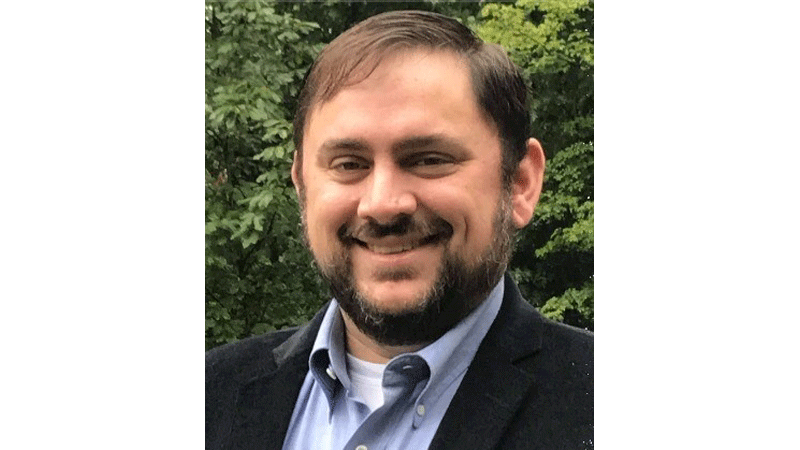Radical hospitality
Published 8:14 pm Tuesday, October 22, 2019
By Scott Baker
People will answer their doorbells on Oct. 31 more times than perhaps any other day of the year. The children will stand on the doorstep bedecked in their costumes and beg for candy with the time-honored phrase “Trick-or-treat?” We answer their question by giving them handfuls of stuff that makes every dentist in town cringe. With the exception of a party or a celebration, the doorbell will chime more times on that one night than any other night of the year.
Reflecting on the doorbell ringing at my house I made the leap into how well do I practice hospitality in my home or in my church? When receiving guests, and especially strangers, how comfortable and accepted do they actually feel? Hospitality is a core issue throughout the Bible. In that part of the world, due to the harsh arid climate, it was crucial to show hospitality to travelers and strangers. To do so very well may mean the difference between life and death. Abraham received strangers and in so doing received the message that he would be the father of a multitude that would become the Israelites. The book of Hebrews exhorts, “Do not forget to entertain strangers, for by so doing some people have entertained angels without knowing it. (New International Version)” All through the gospels Jesus is invited into peoples’ homes. And every threshold of every house that Jesus crossed, the inhabitants were inevitably enriched by the experience.
Some years ago, I spent my sabbatical focused on hospitality and how to practice a more intentional form of it. In my research, I spent a significant amount of time in an Anglican monastery in England. Monasteries and convents have been the bastions of hospitality for almost 2,000 years. What I learned from the monks was remarkable. They taught a form of “radical hospitality” which they defined as hospitality from a posture of complete openness to the other. They embraced a sense of vulnerability in that, to receive the stranger and traveler, they realized that because of the other’s presence the monks and nuns would be changed. They understood that by opening the doors of their monasteries and convents was to open the doors of their hearts and embrace the change brought by the stranger. What the monastics taught me was that to practice true hospitality, radical hospitality, was to embrace the change that the other can bring. I realized that although I practiced a really excellent form of Southern hospitality, it is a long way from radical hospitality because, like most people, change is not easy and I don’t embrace it willingly. I began to realize, although I practice hospitality, I do so from a guarded stance rather than one of complete openness.
I wonder if our fear and reluctance to change is part and parcel of our country’s current stance toward receiving the strangers and travelers? We don’t like to feel vulnerable, fearing that we will lose something rather than gain something. What I learned from the monks, taught me that by opening the doors of our homes and our hearts we are embracing change, and when the door is closed and the porch light cut off, we all walk away a little richer for the experience; and yes, a little changed as well.
THE REV. SCOTT BAKER is the rector at Emmanuel Episcopal Church in Franklin. Contact him at 562-4542.





